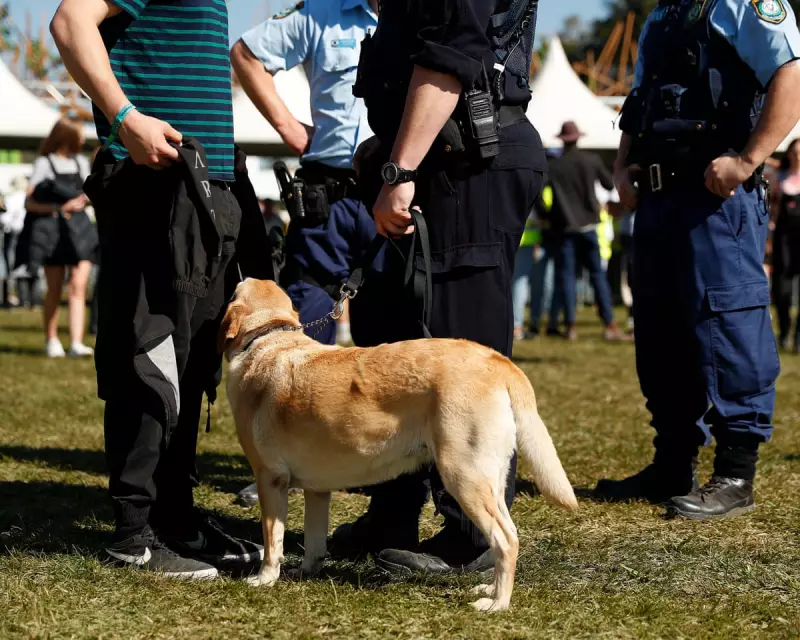
A damning court finding has revealed significant concerns about NSW Police strip search practices, prompting urgent calls for the force to immediately cease certain search procedures.
Court exposes systemic issues
The NSW Police Force is facing mounting pressure to overhaul its strip search protocols after a court identified serious problems with how officers are conducting intimate searches. The ruling highlights what civil liberties groups have long argued: that current practices often violate individual rights and lack proper justification.
Growing calls for immediate action
Legal experts and human rights advocates are now demanding that police suspend strip searches pending a comprehensive review of procedures and training. The court's findings suggest that what was intended as a measure of last resort has become routine in some situations.
"This isn't just about procedural errors," explained one legal analyst. "The court has identified fundamental issues with how police are interpreting their powers and the threshold for conducting these highly invasive searches."
Impact on community trust
The controversy comes at a sensitive time for law enforcement, with community trust in policing practices under increased scrutiny. Critics argue that overly aggressive search tactics can damage police-community relations, particularly with vulnerable groups.
Police leadership now faces the challenging task of balancing operational needs with protecting individual rights, all while maintaining public confidence in their methods.
The path forward
Reform advocates are calling for several key changes, including:
- Clearer guidelines on when strip searches are justified
- Enhanced officer training on human rights considerations
- Independent oversight of search procedures
- Better data collection on search outcomes
The NSW Police Force has indicated it will carefully consider the court's findings, but has yet to announce any specific changes to current practice.





